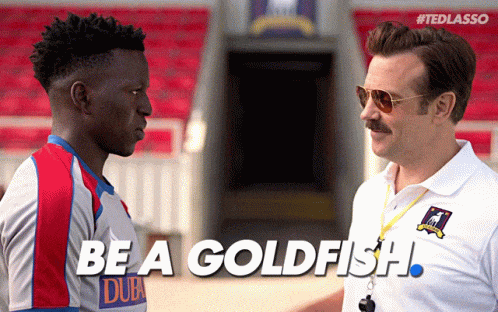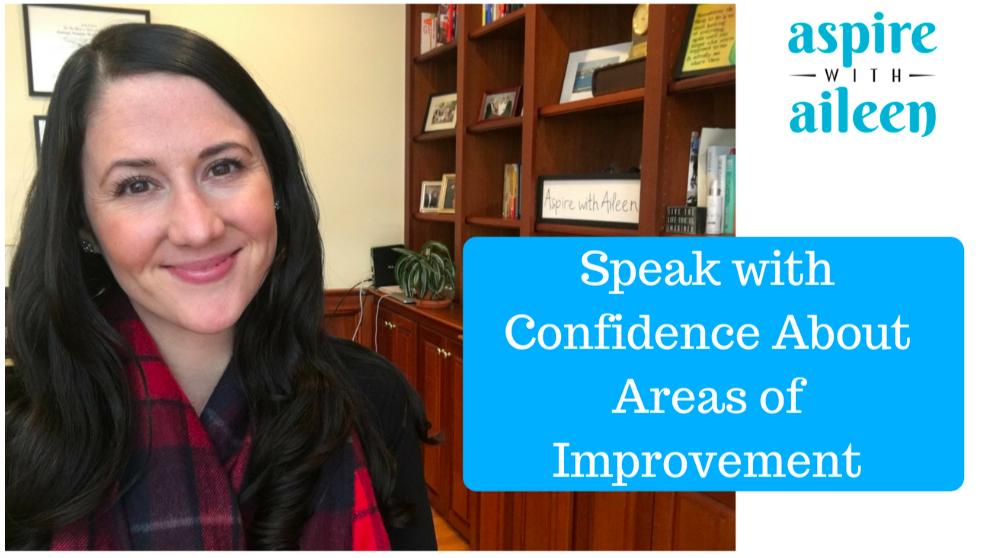The job-search process can often leave candidates feeling frustrated and powerless. Not being selected or never hearing back from employers after submitting applications can only exacerbate these feelings.
Discovering that you’ve been doing something “wrong” can actually be good news.
It means there’s room to improve the process and yield different results. If you’re doing everything perfectly and still not making any headway in your search, it would be much more frustrating.
These are the eight common mistakes I've seen job seekers make over the last 10 years of being a career coach. If any of these sound like you, modify your approach and you’ll notice the difference!
1) You spend all of your time applying to jobs posted online or waiting for things to open.
While it’s a necessary step in the process, many jobs that are posted are actually either already filled (HR has a legal obligation to post) or nearly filled (the employer already has someone in mind). There are times when you might apply to something randomly and be hired, but up to 85% of jobs are offered to people with a pre-existing connection to the hiring organization.
To increase your network, schedule informational interviews with people at the companies where you want to work. These individuals can alert you to future job openings, and perhaps even allow you to mention their names in your cover letter, which will make your application stand out in the stack of résumés.
2) You don’t manage your time efficiently or know how to spend your energy.
Whether you’re balancing a job search while holding another job or if searching for work is your full-time focus, this is challenging! I can’t tell you how many times this scenario rings true for my clients: You sit down in front of your computer thinking, “Okay here we go, job search time!” and then three hours and 30 open browser tabs later you are left questioning what you’ve accomplished. Maybe you started with clicking a link for an open position, which led you to look up the company on LinkedIn, which led you to click on an employee profile to learn more, which brought you to another company page, which…. you get the point. The remedy for this related to mistake #3…
3) You don’t set goals.
I’m a big advocate for goal setting in both personal and professional matters (you might have guessed by the name Aspire!). The job search process is enough of an overwhelming black hole on its own, and failing to concretize what you want to accomplish only exacerbates that sensation. Life happens, so even if you plan to send three informational interview requests in one week and you only get to two, it’s still a step forward. Be proactive in planning what deliverables you want to achieve and you’ll be more likely to get there!
4) You don’t hold yourself accountable.
But Aileen, you just said life happens!?! Yes, it does. There’s a difference, however, between when something major comes up or you misjudge how long a task will take versus just making excuses. Create structure and show up for yourself in the same way you’d show up for others because if you don’t prioritize your success why will anyone else?
5) You don’t customize or perfect your application materials.
This may sound dramatic but I’d rather see someone apply to 0 jobs (and focus on networking) than submit 30 applications that aren’t tailored for the employer/role specifically… that’s how strongly I believe in the power of thoughtfully reframing your experience every time. You may be wondering how to know what language will resonate with the employer—the answers lie in the job description, the company website, and in what you hear from people who work there. It may not be realistic to speak with someone before every application, but do these three things:
Pick apart the post and look for themes
Comb through the website extensively to find additional terminology
Read a few LinkedIn profiles of people working there (bonus points if they’ve had the job you’re applying for!). Use all of this information to customize your cover letter and résumé for that particular employer.
6) You submit materials with errors or typos.
Perhaps you recycled some language from one cover letter to another and forgot to change the company name, or maybe you said fiancé instead of finance and spellcheck didn’t warn you. No one submits typos on purpose, and no one thinks it’ll ever be them, so to keep that the case, here are some pointers:
Print out what you’ve written and read it aloud in advance - this will help with words that spellcheck doesn’t catch!
Have someone else (a mentor, friend, or me!) take a peek for you since you know what you’re trying to say and your brain may skip over the details.
7) You don’t prepare for interviews properly.
This usually happens more by accident than because of a lack of effort. Maybe you thought you were going to have a casual conversation and then all of a sudden you’re getting grilled. Maybe you planned for a certain line of questioning and then what you’re presented with is completely different.
Whatever the case may be, there is nothing worse than that sinking feeling in your gut when you feel the conversation slipping away from you. I have another post completely dedicated to interviewing tips, but my abbreviated tips to prevent the conversation from slipping away from you are:
Research, research, and then research some more.
Remember that there is a reason you’re being interviewed. Study all of the materials you submitted and be able to explain them in greater detail.
Prepare questions for your interviewers in advance that are thoughtful and showcase all of the research you’ve done.
8) You don’t know what you want.
Whoa. What?! Yep, this one’s the doozy. To clarify, it isn’t a mistake not to know what you want, but it makes your job search much more difficult. There are a variety of reasons why you may be uncertain of your next step, but if you’re not convinced that you genuinely want to work somewhere, it will show in your application materials and in how you come across in your interviews.
Check in with yourself.
If you’re reading a job description and you feel that it would be difficult to write a cover letter for the position, you’re either not excited or not qualified (or both). If you assess what you want and apply for roles that align with your goals, you’ll be more energized and excited about the opportunity and that passion will shine in your writing and in your interview.
Hopefully being aware of these common job-seeking mistakes, and how to avoid them, will help you see more progress in your job search. If you need that extra pair of eyes on your applications, help creating and being held accountable to goals, or guidance towards figuring out what you really want to do, request your free career consultation with me today!













